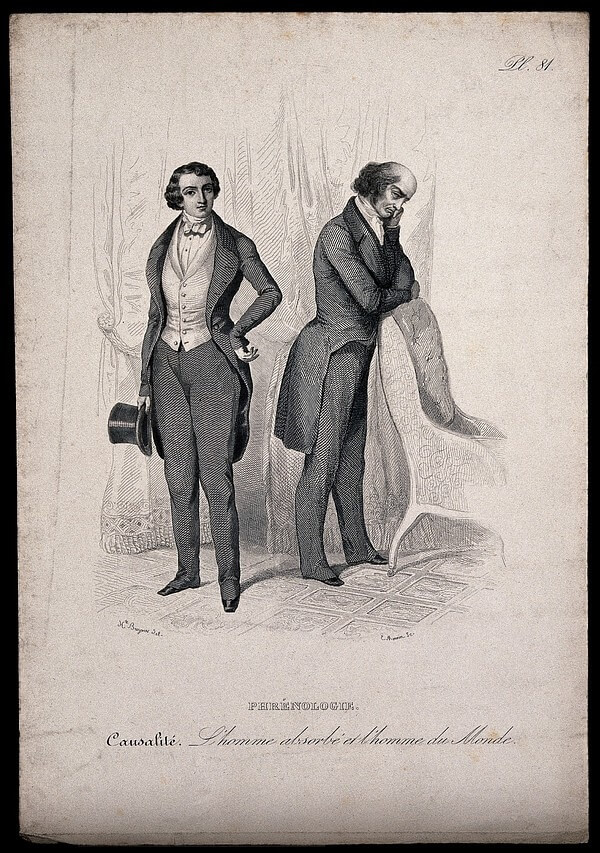Understanding Introverts, Extroverts, and Ambiverts: Finding Your Place on the Spectrum

People frequently say someone acts either introverted or extroverted, but a person's disposition rarely appears so simple. While these names offer a helpful structure, remember that disposition spans a scale. And between the two extremes rests an interesting middle group - the ambivert. Knowing these different disposition sorts can bring more self awareness, better ways to talk as well as stronger bonds.
Begin with the basic points. Introverts get energy by spending time alone; they often act more reserved, thoughtful in addition to pensive. They like deep talks with a few close friends, but big social events can drain them. Introverts often listen well and choose to watch before they speak - they prize their time alone and require it to recover after social exchanges.
Extroverts, by contrast, get energy from being near people. They often appear outgoing, eager next to firm; they like to socialize plus do well in lively settings. Extroverts often feel comfortable being seen and tend to talk a lot. They recharge by being with others and may feel restless or bored when they stay alone too long.
So, where do ambiverts fit? They adjust their social display, showing traits of both introverts also extroverts - they can act outgoing and social at times, but they also value their time alone. Ambiverts adapt to different settings and find a balance between social time as well as quiet time. They feel comfortable in both small groups and larger crowds, but they may need to change their approach based on the event; they often show the most flexibility and adjustment among the three sorts.
It's important to remember that these are general tendencies, not strict definitions. Everyone is unique, and individuals may exhibit traits from different parts of the spectrum. Furthermore, introversion, extroversion, and ambiversion are not inherently good or bad. Each personality type has its own strengths and weaknesses. The key is to understand your own personality and how it influences your behavior, communication, and relationships.
Knowing your position on the introversion extroversion scale can help you greatly - it can help you pick things that match your disposition, whether it involves choosing a job, planning your social life, or just knowing why you react to certain events the way you do. Accepting your disposition, no matter what it turns out to be, helps you accept yourself more also grow as a person.


